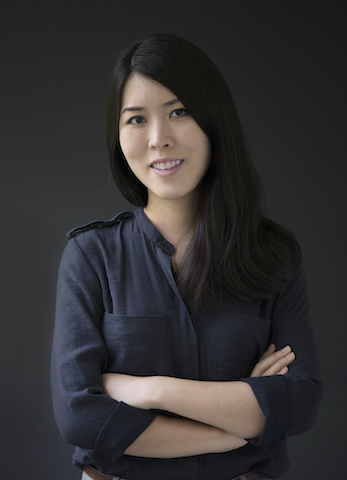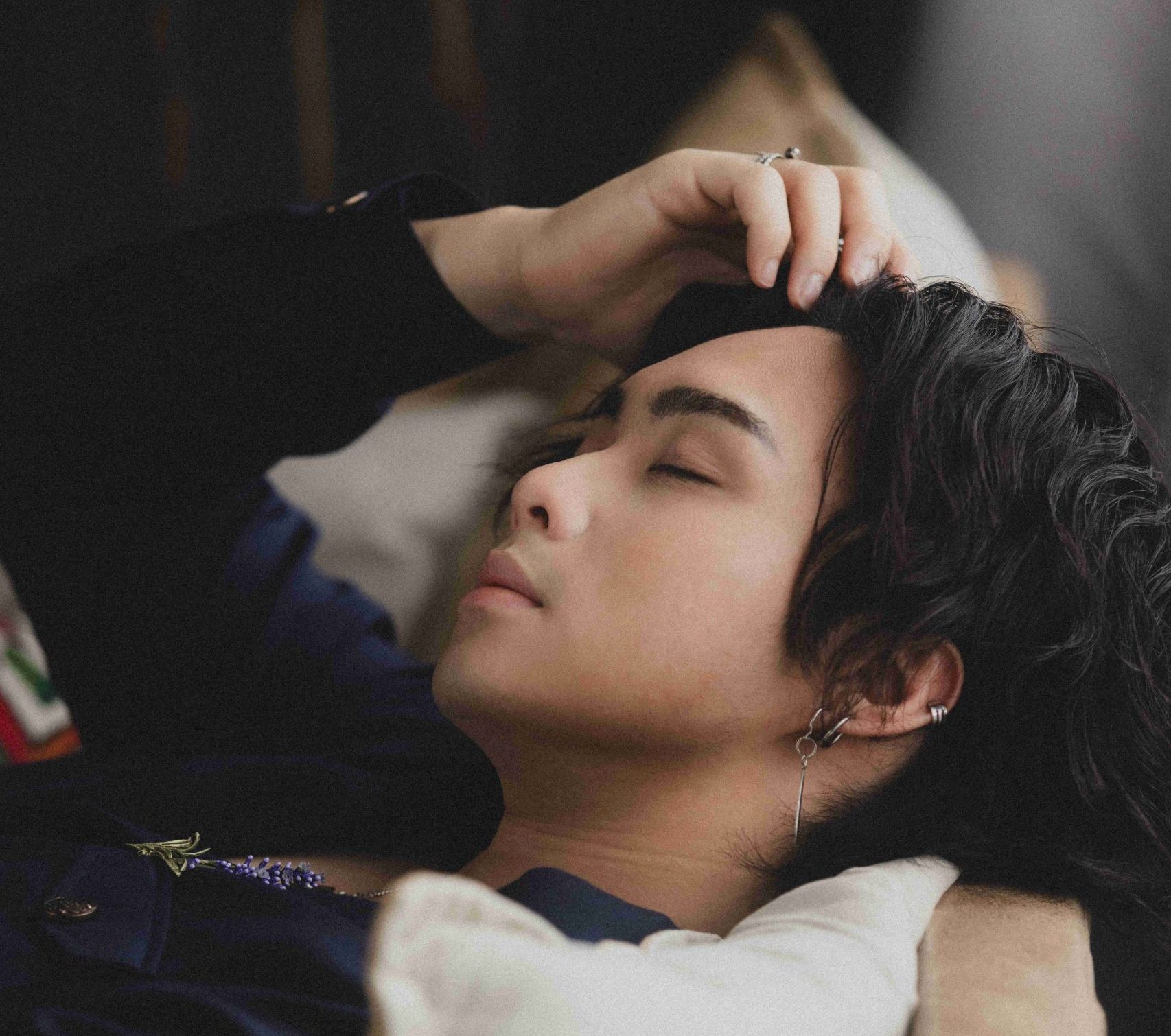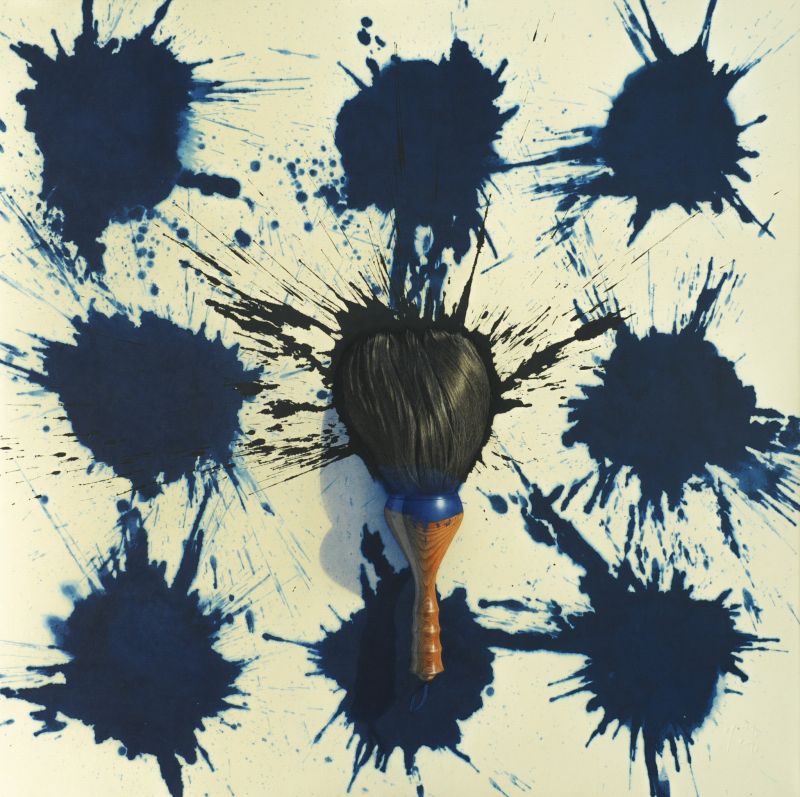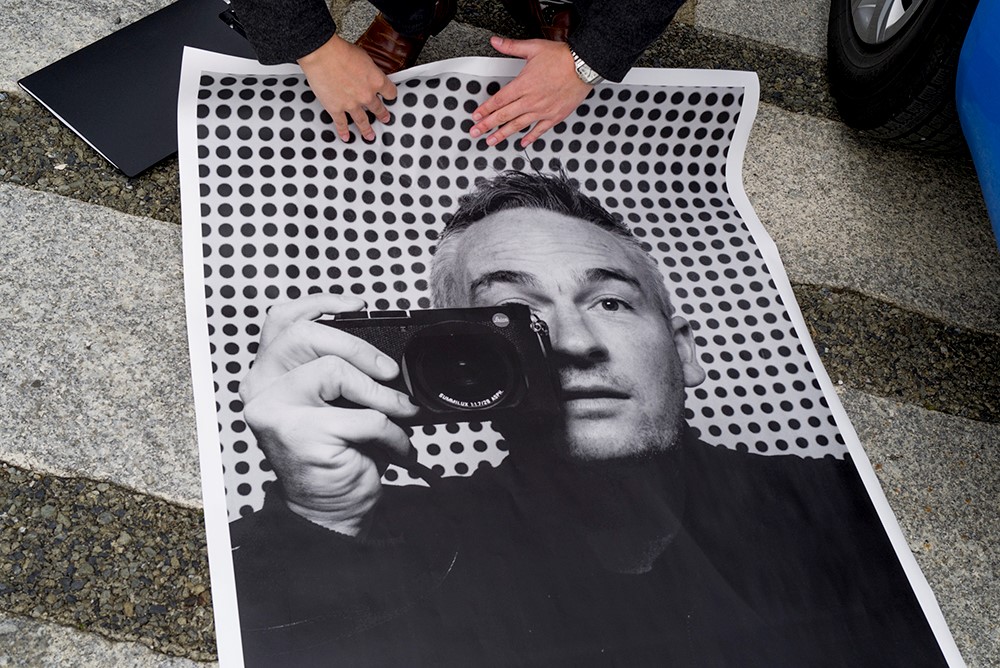The film narratives of females have, ironically, too often been told by males. But in a sweet move that celebrates female storytellers too, New Waves—an intimate film weekend that’s part of the 30th Singapore International Film Festival (SGIFF) happening later this year—will be presenting a curated line-up of films concerning womanhood in a session titled Through Her Eyes.
In it are six short films directed by Singaporean and Southeast Asian female filmmakers, including Permanent Resident, by esteemed, local film veteran Nicole Midori Woodford.
Woodford is one who wears many hats. In addition to being a film director, writer and editor, she is also a lecturer at the Nanyang Technological University’s School of Art, Design and Media. Despite being a household name, not a lot can be found online about the humble filmmaker.
Ahead of her film screening at New Waves, we took the opportunity to catch up with Woodford; to learn more about what it means to be a woman in film, her directorial endeavours, and what to expect from the screening.

Nicole Midori Woodford
Are you excited to be part of Through Her Eyes, a female-focused programme in SGIFF’s New Waves? What are you looking forward to?
Very much so. I’m really glad to be among this line-up of female filmmakers from Southeast Asia, some of whom are good friends of mine. I’m looking forward to discussions about their short films, which will be screened at the programme, as well as to broach some of the more intimate topics about women tackling stories about women and our individual processes. I’m interested to hear about their writing and filmmaking journeys too.
Permanent Resident will be screened at New Waves: Through Her Eyes. What do you want the audience to look out for when watching this film?
I hope that as they watch the short, they become immersed in the main character Yann Yann’s journey through the film. Occasionally, she descends into uncomfortable moments that are awkward and absurd, yet tragic at the same time.
What’s the main takeaway for your audiences when watching your films?
There’s always something slightly different for each of my films, so it’s tough to specify. That said, I always hope that the audience will feel as many different emotions as possible, while following the protagonist of each film. I think it’s easy to create characters you either strongly like or dislike. But to produce characters that demonstrate both sides of the spectrum means that I have created a full and multi-dimensional character as a filmmaker. I also think it’s good when the audience doesn’t get everything at the end of the film. I like when there’s still some mystery left, at the end of films.
As one of the most respected female filmmakers in Singapore, what issues have you tackled and what others do you wish to tackle?
So far, I have tried to explore trauma stemming from sexual assault in my short film For We Are Strangers; collective and individual identity as well as artificiality and materialism in Permanent Resident; the afterlife in everyday life in Waiting Room; and the souls of urban spaces in Tenebrae. In my upcoming feature film You Are There, I am also continuing my exploration of afterlife and trauma. I hope to tackle more issues regarding personal trauma and female identity.
It is mentioned in your NTU lecturer’s biography that you tend to focus on the female psyche in your films. Can you explain and describe what you hope to accomplish when using such a scope?
Our film audience tend to have almost an equal number of men and women, but the perspectives of protagonists in cinema are more often told by a male director than a female one. The same goes for female protagonists—they tend to be crafted by male directors. That’s not to say male directors can’t do it, but as women, we tend to focus on different things within the same story. This diversity of imagination within cinema is crucial. I believe that it is important for filmmaking to reflect female perspectives of women too. I also grew up fascinated by the women in my life. I find them very complex and contradictory, and as a director, I want to show these observations on-screen.
With that in mind, what then are the advantages and disadvantages you face when exploring such a subject as a female filmmaker?
Being a female filmmaker exploring the female perspective definitely comes with clarity, as well as the intimacy of knowledge and insight a male filmmaker would not have. However, therein lies the tendency to stereotype a female filmmaker as the sort to make films about strong female characters or tackling feminist issues. I notice female filmmakers are often singled out for their female creative voices whereas my male colleagues aren’t. I think when society doesn’t feel it has a need to distinguish that, it will be a sign that the industry is no longer male-dominated.
Being a female filmmaker in a male-dominated industry can be tough, can you share both your struggles and successes with us?
I was initially perceived to be too soft-spoken, which pressured me to be seen as decisive and authoritative. Since then, I’ve grown as a director and developed my own way of holding my ground on film sets. I’ve also become a lot more self-assured. As a female filmmaker, I think some struggles in the past include being typecasted for certain types of work and the occasional harassment. On the contrary, as a female director, I find it a lot easier to direct child actors and to direct actors for emotionally intense scenes. It is also second nature for me to build a trusting and supportive work relationship with my cast as we conduct rehearsals and prepare for shoots.
On a more global scale, can you give a brief comparison of the local and Western film scene? For example, what are some of the main differences and similarities you have noticed?
The Western and Singaporean film scenes are worlds apart in some ways, like the type of topics explored and the craft. I think local stories can feel more subdued and restrained, compared to Western films. There’s also a certain wariness of exploring bold or sensitive topics, though I think contemporary Singaporean cinema is slowly growing in confidence to approach deep-seated issues. I think our paradoxical mix of a high urbanised country in the middle of Southeast Asia as well as our multicultural landscape is also something that leads to a rather eclectic cinema for such a small country—which parallels the diversity of filmmaking voices internationally.
Lastly, as a lecturer at NTU’s School of Art, Design and Media, what is the one thing you reiterate time and again, to your film students?
Honing their instincts by watching more films—even the ones outside their comfort zone—so that they may find what it is they really want to say in their films.
Nicole Midori Woodford’s Permanent Resident will be screened at New Waves: Through Her Eyes, which takes place Jul 13, at Scape Gallery. Tickets are priced at $5 each.





